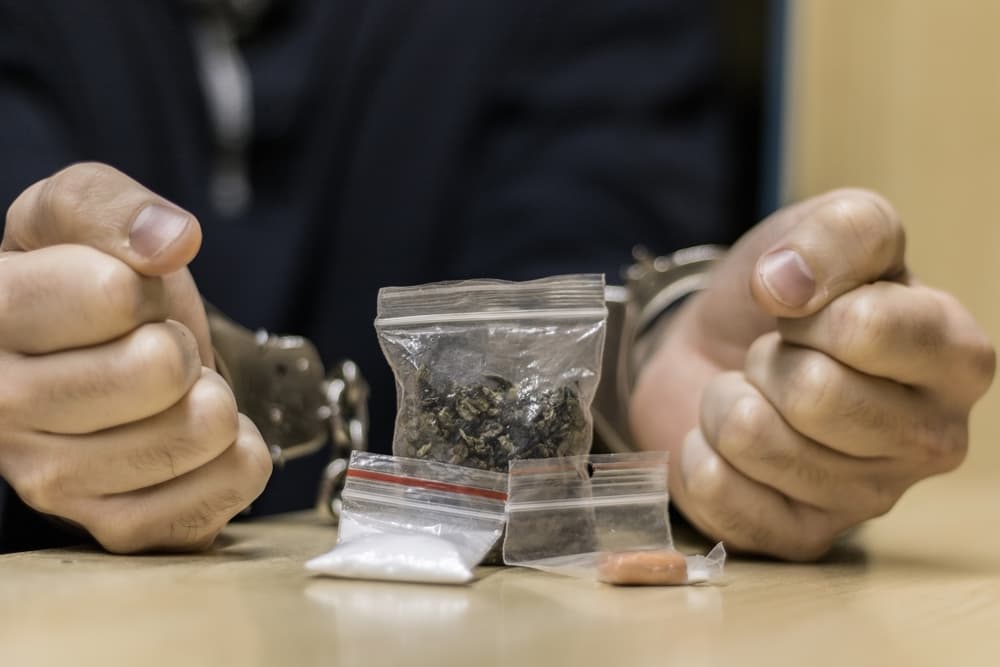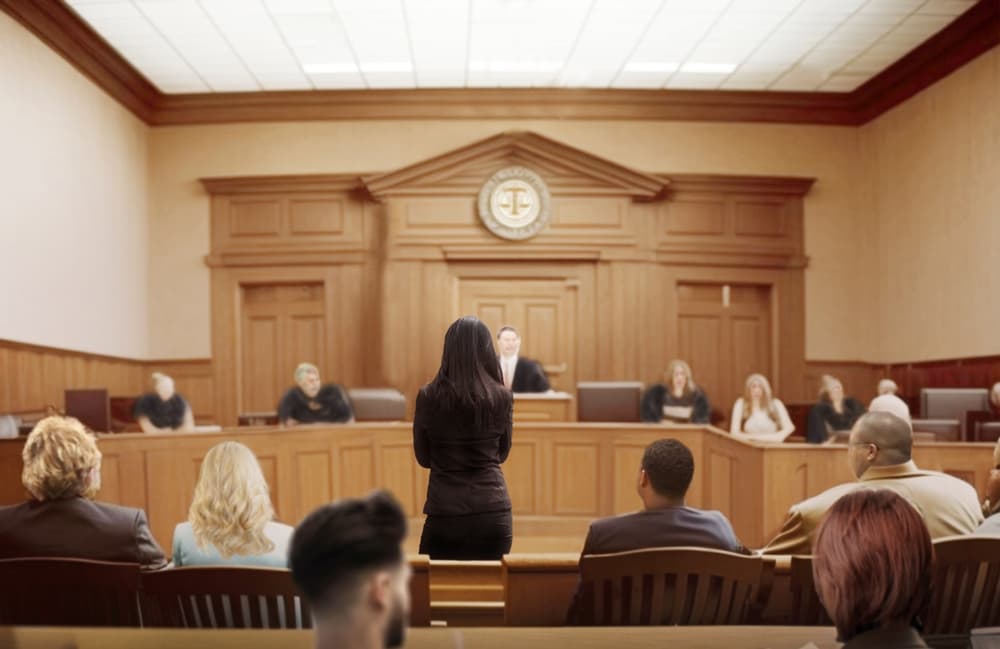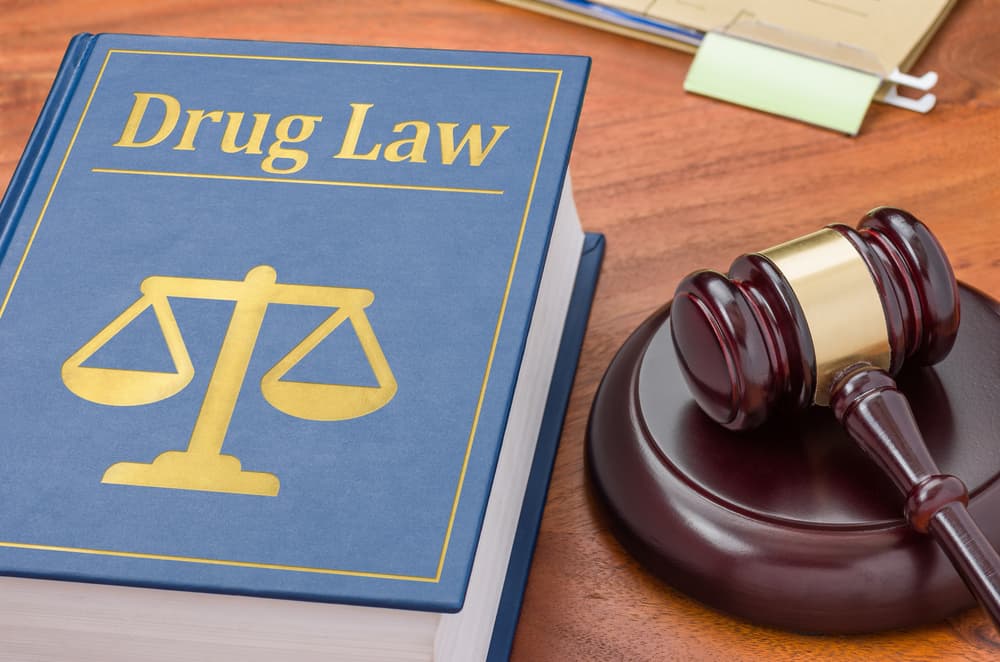When you face drug charges, a conviction can lead to severe and long-lasting consequences. From your personal freedom to what you do for a job, drug charges affect your entire life.
When you face these allegations, contact a drug defense lawyer. An attorney experienced in drug related charges will help you realize better results in your drug defense case.
Understanding the Drug Laws
Drug laws are notoriously complicated and can vary significantly. It depends on the substance involved, the quantity in question, and the nature of the alleged offense.
What might seem like a minor infraction may potentially carry some stiff penalties. Punishments may include long prison sentences and big fines.
A drug crime defense lawyer has an in-depth understanding of these laws and can advocate on your behalf. Without their help, you’ll find the journey both challenging and treacherous.
Keeping Up With Changing Drug Laws in Your State
Legislators add new substances to controlled substance lists and adjust the penalties regularly. A drug defense attorney stays up-to-date on the changes in the drug laws to manage your case according to current legal standards.
Protecting Your Constitutional Rights

A drug defense lawyer will safeguard your constitutional rights. They will fight for you if police unlawfully search and seize your property or do not inform you of your Miranda rights. This includes notifying you of your right to remain silent and your right to legal representation.
Challenging Illegal Searches
In many drug cases, your lawyer will consider and address how police obtained the evidence.
For example, if law enforcement conducts an illegal search or seizure, a skilled drug defense attorney can file a motion to suppress the evidence.
Doing so may weaken the prosecutor’s case or even lead to a dismissal of the charges.
Advising on Self-Incrimination
Your defense lawyer will play a pivotal role when it comes to self-incrimination. They will direct you on when to speak and when to remain silent. This will help you avoid self-incrimination.
They can also remain at your side during questioning to ensure your rights are respected, and you don’t say something inadvertently that the prosecutor can use against you.
Analyzing the Evidence in Your Case
A competent drug defense attorney will meticulously review all the evidence the prosecution presents.
Evidence analysis may include:
- Examining police reports for inconsistencies or procedural errors
- Scrutinizing lab results and chain of custody documentation of the evidence
- Reviewing witness statements and assessing their credibility
- Analyzing surveillance footage or other physical evidence
By thoroughly examining your case, your lawyer can identify weaknesses in the prosecution’s case or uncover evidence that will support your defense.
Negotiating with the Prosecution
In many drug cases, plea bargaining can play a significant role in the outcome of your defense.
A drug defense lawyer with a solid background in drug cases will know how to deal with local prosecutors and negotiate on your behalf.
Seeking Reduced Charges or Penalties
Your attorney can negotiate for reduced charges or penalties. This is especially true if it’s your first offense or if there are mitigating circumstances that apply to your defense. This can mean the difference between a felony and a misdemeanor charge or between jail or prison time and probation.
Exploring Alternative Sentencing Options
For some drug offenses, alternative sentencing options may be available, such as drug court programs or rehabilitation instead of incarceration.
A knowledgeable drug defense lawyer can push for alternative sentencing, helping you avoid the most severe consequences of a drug conviction.
Developing a Strong Defense Strategy
Every drug case is different. By taking this into consideration, a skilled defense attorney can develop a personalized strategy – one that is based on the specific circumstances of your case.
This might involve:
- Challenging the legality of the stop, search, or arrest
- Questioning the reliability of informants or witnesses
- Disputing the accuracy of field tests or laboratory analyses
- Arguing for the suppression of evidence obtained illegally
- Presenting evidence of entrapment or other police misconduct
Your lawyer will work with you to understand all the factors of your case to determine the most effective approach for your defense.
Representing You in Court

If your case goes to trial, having a seasoned defense attorney at your side can be reassuring. They will:
- Present your case persuasively to the judge or jury
- Cross-examine prosecution witnesses
- Object to improper evidence or questioning
- Present competent defense witnesses and evidence
- Make thought-provoking opening and closing arguments
An experienced trial lawyer knows how to tell your story in a way that the jury can understand, creating reasonable doubt and, in turn, a more positive outcome in your defense.
Mitigating the Consequences of a Conviction
Even in cases where a conviction seems likely, a defense lawyer can work to minimize the impact of a drug conviction on your life.
This might involve:
- Arguing for a lighter sentence based on mitigating factors
- Seeking alternatives to incarceration, such as house arrest or work release programs
- Advocating for treatment options instead of punitive measures
- Negotiating that prosecutors drop certain charges in exchange for a plea agreement
Again, your attorney’s goal is to achieve the best possible outcome for your predicament, even when the circumstances appear hard to overcome.
Preparing for Possible Problems
Drug convictions can have far-reaching effects beyond the immediate legal penalties.
A defense lawyer can advise you on and help you prepare for potential problems, such as:
- Loss of professional licenses
- Difficulty finding employment
- Ineligibility for certain government benefits
- Immigration issues for non-citizens
- Loss of driving privileges
- Restrictions on housing options
Understanding these possible long-term impacts will help you make better and more informed decisions.
Handling Post-Conviction Matters
The role of a defense attorney doesn’t have to end with a conviction.
They can also help with various post-conviction matters, including:
- Filing appeals if there are grounds to challenge the conviction
- Seeking expungement or the sealing of records when eligible (generally, first-time offenders who complete a pre-trial diversion program are eligible)
- Advising on probation or parole matters
- Helping with the restoration of rights post-conviction
Having ongoing legal support is necessary in rebuilding your life after a drug conviction.
Contact a Drug Crime Lawyer Now to Learn More About Your Rights and to Strategize Your Defense
Remember, everyone has the right to a fair criminal defense, regardless of the charges. By enlisting the help of a competent defense lawyer, you’ll experience better results.
Contact a Miami criminal defense attorney now and get the defense and support you need.

